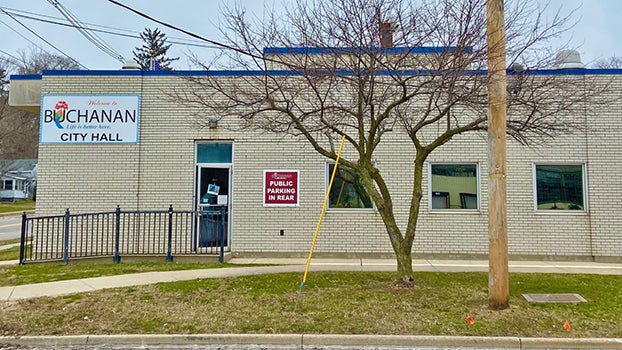Michigan residents urged to learn about Lynch Syndrome
Published 6:43 pm Wednesday, March 23, 2016
LANSING — Earlier this month, Gov. Rick Snyder and the Michigan Department of Health and Human Services declared March as Colorectal Awareness Month in Michigan. As part of the awareness efforts, this week, March 20-26, is being recognized as Lynch Syndrome Awareness Week. Michigan residents with colorectal cancer and their family members are urged to talk to their health care providers about their personal and/or family history of cancer.
Lynch syndrome (LS) is the most common hereditary cause of colorectal cancer. Individuals with LS have significantly higher risks of developing colorectal, endometrial (uterine), ovarian, pancreatic, stomach, brain and other types of cancer. All newly-diagnosed colorectal cancers should be screened for LS, according to recommendations by the Centers for Disease Control and Prevention (CDC).
“If you or one of your close relatives has had colorectal, ovarian, and/ or endometrial cancer, it’s important to consider cancer genetic counseling,” said Dr. Eden Wells, chief medical executive of MDHHS. “We know that preventive measures such as earlier and more frequent colorectal cancer screening are critical to reducing risks of cancer for individuals with Lynch syndrome – these measures can save lives.”
Of the over 5,000 Michigan residents diagnosed with colorectal cancer this year, it is estimated that up to 1 in 20-33 of these have LS. Diagnosis of Lynch syndrome is important for individuals with colorectal cancer due to increased risks of developing other cancers, and also for the benefit of their relatives. Immediate blood relatives of patients with Lynch syndrome have a 50 percent risk of inheriting this condition. If LS is diagnosed, genetic screening can help identify family members who are at risk.
In 2015, Alice Christensen, a Michigan resident and Michigan Cancer Genetics Alliance (MCGA) member, was diagnosed with Lynch syndrome after having had three different cancers in less than ten years.
“It came as a total shock to me. I had never heard of Lynch syndrome prior to my diagnosis and I work in the health care field. Some families have heart disease; our family had cancer and lots of different types of cancer. Now I know why: members of my family carry the Lynch Syndrome gene,” said Christensen, who is now working on building peer-to-peer support and education for Lynch syndrome in West Michigan.
Christensen added, “As a patient, it is very scary to hear that you have a genetic issue which makes you more prone to developing cancer. Yet, now that I know, others in my family will be tested for LS and I will be hyper-vigilant with respect to watching and reducing my risks of developing more cancers. Partnering with knowledgeable health care providers and peer support is an important part of my journey with LS. I want to help be a voice for Lynch Syndrome awareness activities in Michigan at all levels.”
MDHHS, MCGA and the CDC are currently working on a five-year cooperative agreement to advance cancer genomics best practices for Lynch syndrome through surveillance, education and policy activities. Michigan is aiming to achieve the Healthy People 2020 objective of increasing the number of newly diagnosed colorectal cancer patients who receive genetic screening for Lynch syndrome. To learn more about this work and hereditary cancers, visit: www.michigan.gov/hereditarycancer.
To learn more about MCGA, visit: https://migrc.org/Library/MCGA/MCGAMainPage.html. A directory of cancer genetic counseling clinics in Michigan can be found at: https://migrc.org/Library/MCGA/MCGADirectory.html.






